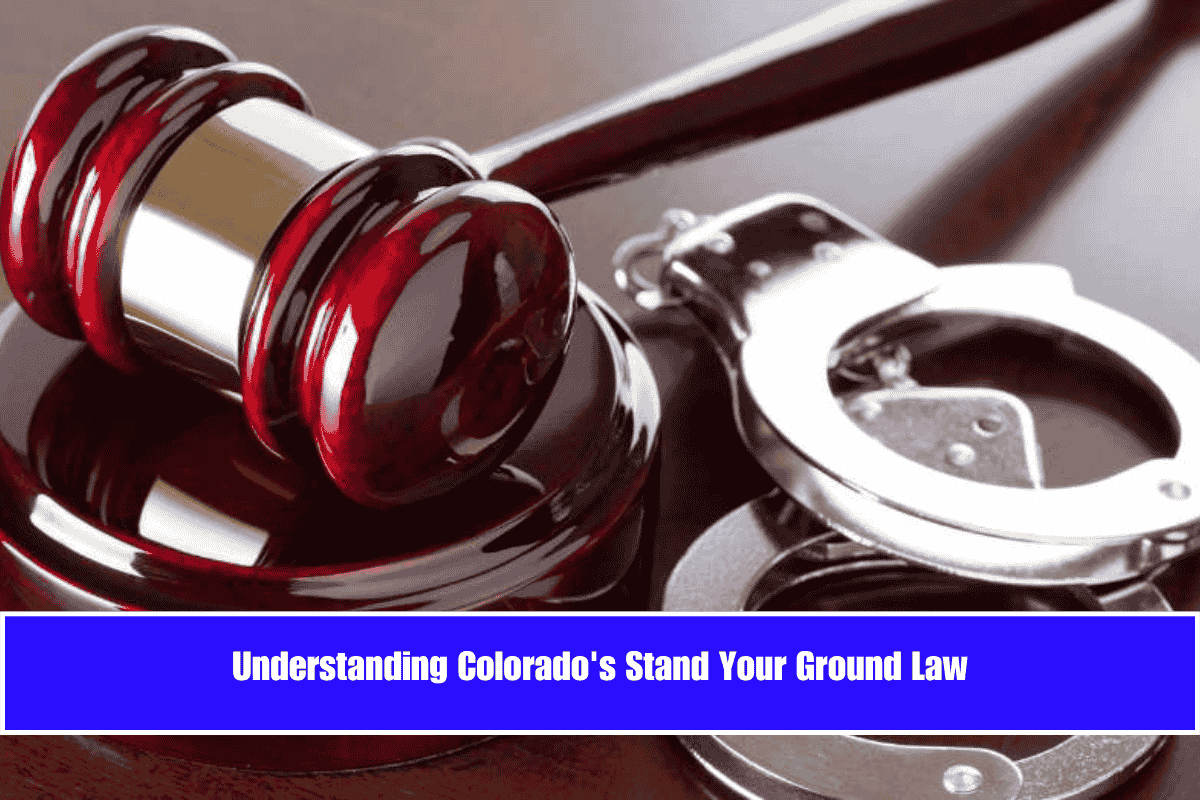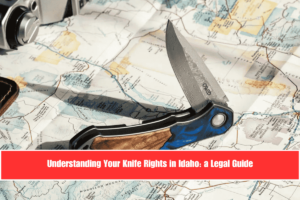Colorado is recognized as a “stand your ground” state, meaning individuals have no legal duty to retreat before using force-including deadly force-in self-defense or defense of others, as long as they are lawfully present at the location where the incident occurs. This principle applies both in private and public spaces.
Key Elements of Colorado’s Stand Your Ground Law
No Duty to Retreat
- You are not required to retreat before defending yourself or others from imminent bodily harm.
- This applies wherever you have a legal right to be, including public spaces and your own property.
Reasonable Belief and Proportional Force
- You must reasonably believe that you or someone else is in imminent danger of unlawful physical force.
- The force used in self-defense must be proportionate to the perceived threat. For example, responding to a shove with a shove is reasonable, but responding to a shove with lethal force is not unless you reasonably believe you face imminent death or serious injury.
- Deadly force is justified only if you reasonably believe it is necessary to prevent imminent death, serious bodily injury, kidnapping, robbery, sexual assault, or in some cases, burglary1.
Limitations and Exceptions
- You cannot claim stand your ground if you are the initial aggressor, unless you withdraw from the confrontation and communicate your intent to do so, but the other party continues the aggression.
- The law does not protect you in situations of “combat by agreement” (such as mutually agreed fights) or if you are resisting a lawful arrest (unless the officer uses excessive force)1.
- Deadly force is generally not justified solely in defense of property, except in cases of preventing first-degree arson.
Stand Your Ground vs. “Make My Day” Law
Colorado also has the “Make My Day” law (Castle Doctrine), which specifically applies to your residence (including homes, apartments, hotel rooms, etc.). Under this law:
- You may use physical force, including deadly force, against an intruder if you reasonably believe the intruder will commit a crime other than the unlawful entry and may use any physical force against an occupant.
- This law provides broader protection than stand your ground, but only within your residence.
| Feature | Stand Your Ground (General) | Make My Day (Residence) |
|---|---|---|
| Duty to Retreat | No | No |
| Applies Where? | Anywhere you are lawfully present | Only inside your residence |
| Use of Deadly Force | Only if facing imminent serious harm | Broader: against intruders under certain conditions |
Legal Basis
- Colorado’s stand your ground principle is established both by case law and statutory law, though it is not codified in a single statute as in some states.
- The law is interpreted through court decisions and statutes governing self-defense (such as CRS 18-1-704).
Practical Considerations
- Self-defense claims require evidence that your belief in imminent harm was reasonable and that your response was proportionate.
- If you are charged with a crime after a self-defense incident, you must prove your actions met the legal standard for self-defense.
- Video evidence, eyewitness testimony, and expert analysis can be crucial in these cases.
Colorado’s stand your ground law allows individuals to defend themselves or others without retreating, provided they are not the aggressor and their use of force is reasonable and necessary under the circumstances.
The law is broader in your home under the “Make My Day” statute. However, using force-especially deadly force-carries significant legal risks, and each case is highly fact-specific.
Sources
[1] https://www.shouselaw.com/co/blog/laws/is-colorado-a-stand-your-ground-state/
[2] https://www.shouselaw.com/co/defense/legal-defenses/self-defense/
[3] https://en.wikipedia.org/wiki/Stand-your-ground_law
[4] https://www.reddit.com/r/COGuns/comments/km5bck/colorado_law_myth_1_colorado_is_a_stand_your/
[5] https://www.rightlawgroup.com/colorado-self-defense-laws/


















Leave a Reply